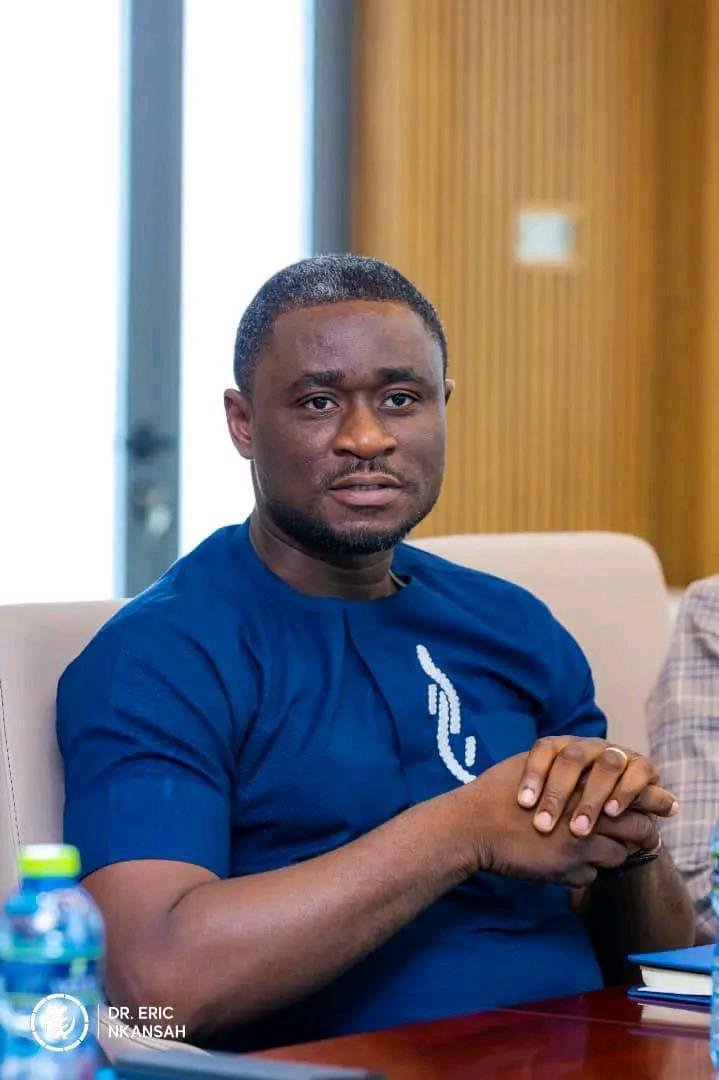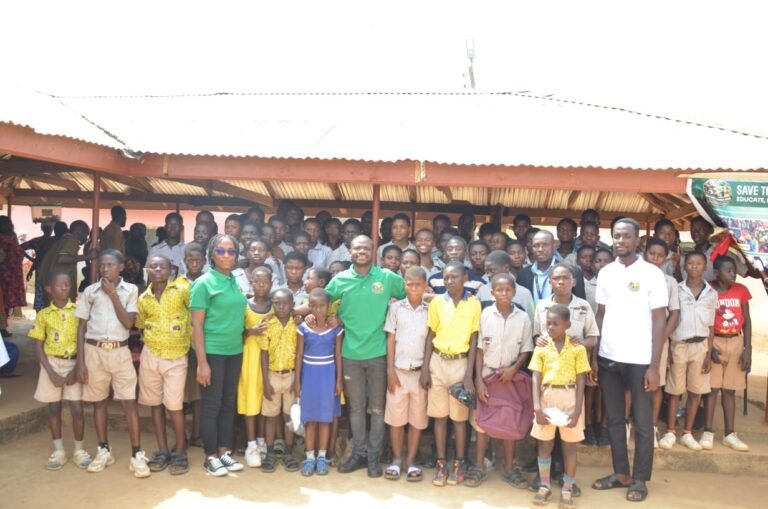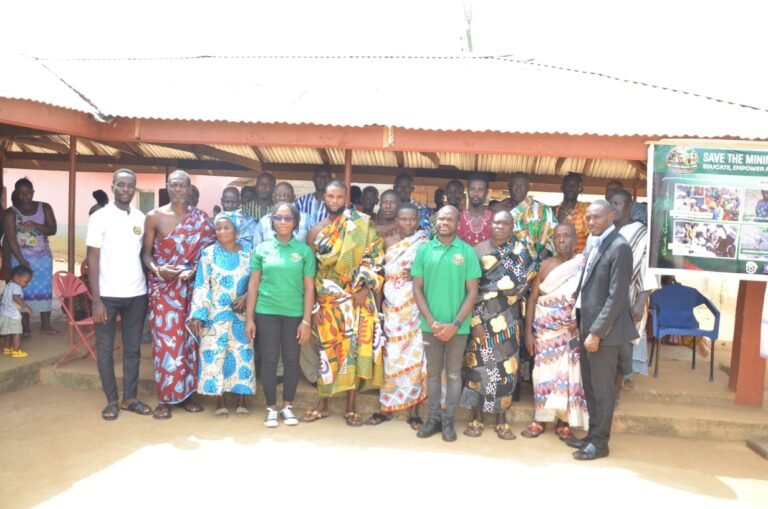
Dr. Frank Bannor, Development Economist & Head Research at Danquah Institute
By Bright Philip Donkor
A development economist and Head of Research at Danquah Institute, Dr. Frank Bannor, has emphasised that Vice-President Bawumia’s vision on digital talent development is crucial for Ghana’s ability to compete in the rapidly evolving global economy driven by the Fourth Industrial Revolution.
He made these comments during an interview on ADOM TV BADWAM show yesterday.
He stated Dr. Bawumia’s vision to integrate digital technologies across various sectors of the economy aligns with global trends, where digital talent and innovation have become essential tools for economic transformation.
He added that under the leadership of the NPP presidential candidate, Ghana would be well-positioned to harness the benefits of technology and innovation for sustained growth and job creation.
“We are entering a new age where traditional economic models are being disrupted by technology, automation and artificial intelligence. For Ghana to remain competitive, we need leaders who are not only attuned to these global trends, but are also committed to investing in digital infrastructure and human capital development…Alhaji Dr. Mahamudu Bawumia is the President we need. His vision of a digital economy is what will propel Ghana to the forefront of the Fourth Industrial Revolution. We cannot afford to be left behind,” he stressed.
Industrial revolutions
The Economist discussed the various industrial revolutions that had shaped global economies. He highlighted the First Industrial Revolution in the 18th century, which marked the discovery of steam power and transformed agriculture and manufacturing. He pointed out that during this era, many African countries, including Ghana, were under colonial rule and therefore did not benefit from these advancements.
Moving on to the Second Industrial Revolution, Dr. Bannor explained how the discovery of electricity reshaped industries and economies worldwide. However, he said, much like the first revolution, African countries, which were then fighting for independence, could not capitalize on this global transformation.
Dr. Bannor further mentioned the Third Industrial Revolution, characterized by the rise of computers and digital technology in the late 1990s. He referenced India’s strategic approach during this period, citing how the country’s leadership harnessed the potential of the digital age. He noted that by investing heavily in technology and innovation, India has positioned itself as a major player in the global tech industry, now owning companies like Google and IBM.
Dr. Bannor argued that Ghana missed similar opportunities during this crucial period, but can learn from India’s success. He reiterated that Ghana has a leader in the NPP flagbearer who has a central plan to train one million Ghanaian digital professionals to compete globally.
He reaffirmed Bawumia’s commitment to developing a pool of skills in Ghana, and placing them in jobs in countries with serious skills shortages.
Global comparisons
Dr. Bannor further drew comparisons with India and China, where government policies have facilitated the migration of skilled and unskilled workers abroad, benefiting both the host countries and their home economies through remittances and skill development.
He also spoke about technological advancements in South Africa, especially in terms of agriculture, where the country has mastered irrigation farming despite limited rainfall.
He contrasted this with Ghana, which relies heavily on natural rainfall for agriculture. He praised South Africa’s ability to produce maize year-round through irrigation, adding that “this is a model Ghana could adopt under Dr. Bawumia’s leadership to enhance food security and agricultural production.”
Record in agriculture
Touching on agriculture, Dr. Bannor cited data from the Ministry of Food and Agriculture noting significant improvements in Ghana’s rice production. Before 2017, Ghana imported about 900,000 metric tonnes of rice annually, with agricultural products costing the country $2.6 billion, largely due to rice, wheat, and poultry imports.
However, he pointed out that in 2023, rice imports had been reduced to 440,000 metric tonnes, with Ghana achieving almost 50% rice self-sufficiency.
He attributed this success to the policies of the Akufo-Addo government, and emphasized that Dr. Bawumia would build on this track record to reduce agricultural imports further. He also outlined Dr. Bawumia’s plans to minimize post-harvest losses, and invest in commercial, mechanized, and irrigated farming.
He argued that food is critical to the nation’s stability, saying Dr. Bawumia’s government would prioritize agriculture as a key sector to boost the economy.
He noted that the NPP government had made substantial progress in agriculture, industrialization and infrastructural development. He expressed confidence that Dr. Bawumia would continue to protect, and build on these gains for a better future




